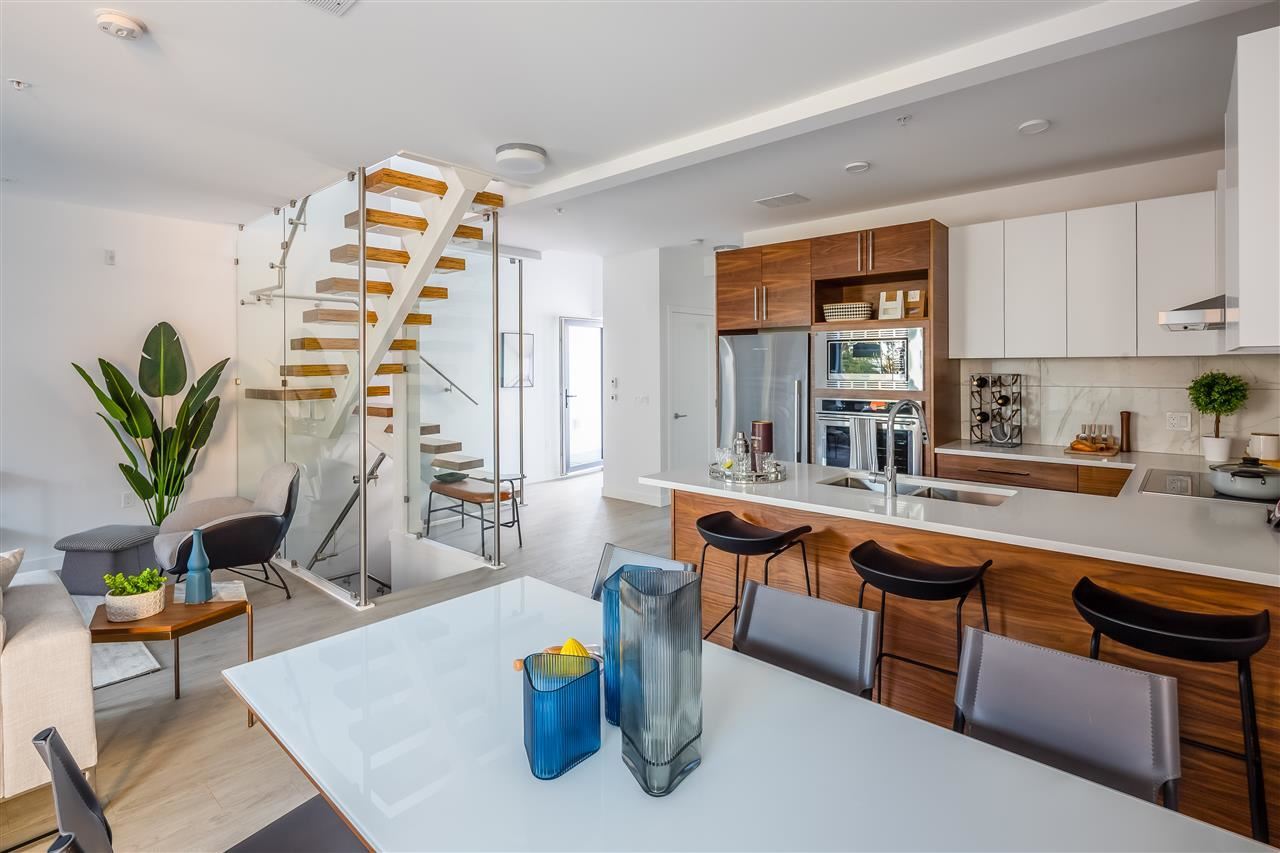- The most important part of buying a new home is educating yourself. Without a strategy and a basic understanding of the new home buying process you could lose time and money. Do your research on the developer or builder to determine whether they are reputable. It is also important to be informed about the community you will be purchasing in, find out neighbourhood details and future plans in the community to help you determine which one is right for you.
- There are a number of factors to consider when deciding which mortgage lender to use. Consider all of your options to find a lender. Your bank may offer you attractive rates and terms based on the banking history you have with them. Alternatively, your real estate agent may recommend lenders that can help you depending on your needs. It is advisable to get multiple quotes before deciding on which lender to use. Choose a mortgage broker you can trust and find out about interest rates, fees and terms, penalties and other costs that can arise during the process.
- There are a number of factors to consider when deciding which mortgage lender to use. Consider all of your options to find a lender. Your bank may offer you attractive rates and terms based on the banking history you have with them. Alternatively, your real estate agent may recommend lenders that can help you depending on your needs. It is advisable to get multiple quotes before deciding on which lender to use. Choose a mortgage broker you can trust and find out about interest rates, fees and terms, penalties and other costs that can arise during the process.
- There are a number of creative ways you can get a better deal on your new home that don’t involve a lower price. Perhaps the builder is willing to pay the closing costs. Or you maybe you can negotiate for additional upgrades at no or reduced cost. You should also inquire about the price range on lot premiums. Within a given community, lots are often priced for a wide range of clientele. By asking the builder for more information, you may find a lot premium lower than you were expecting, which will free up your budget for other expenses.
- When buying a new home, it is best to have all terms and agreements between the buyer and seller in writing. Inquire about any areas of your contract that you are uncertain about. Find out about your cancellation rights and possible contingencies. Ensure that there is a clear timeline set in place and ask about what will happen if a situation arises that could cause a delay. Most builders provide some kind of warranty but it is very important to make sure you understand what the warranty does and does not cover and how long the warranty is valid.
- Many people believe that an inspection is not needed when buying a brand-new home, but that’s not always the case. It is always advisable to have a home inspection regardless of the age of the home. A home inspection can help verify that the home is safe and a good investment. It is always great to have a home inspector that is on your side. Although the city does look into the structural, mechanical, and electrical components prior to signing off on a new home, being proactive will help to locate any major deficiencies that could have been missed. Your home is one of your greatest investments in life, and having a home inspector working for you will provide you with unbiased expert advice and peace of mind.
